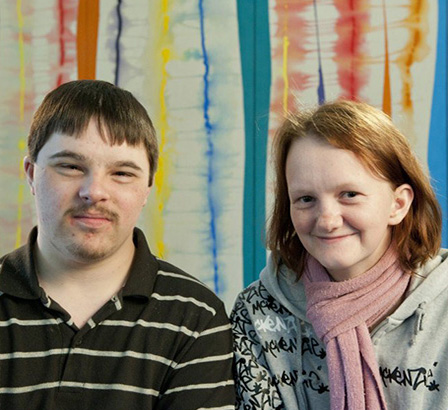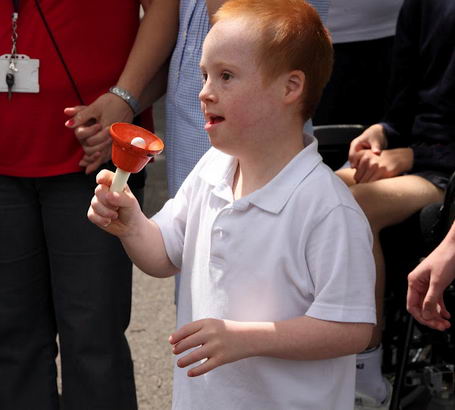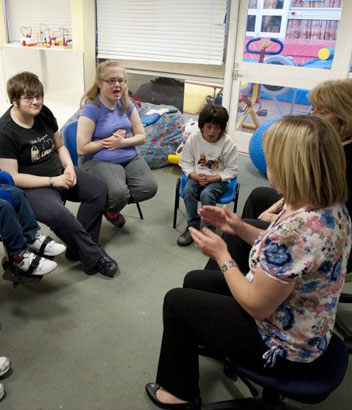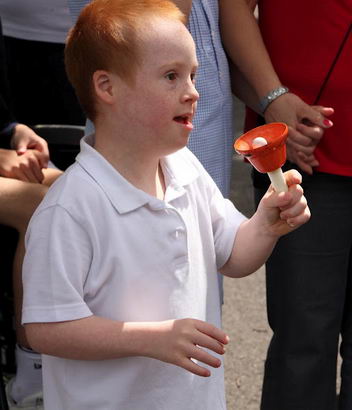
In this resource, emotional resilience and capacity building are considered at school level.
The learning and teaching of friendship and social skills are also discussed in light of their unique ability to aid the development of resilience in children.

Events frequently occur in life that are unpredictable and difficult to control. Furthermore, based on the associated risk factors for mental health already outlined, it is clear that CLDD students are at greater risk of being placed in situations where their mental health will be compromised.
It is particularly important to build the emotional resilience of students with CLDD.
Emotional resilience relates to the positive capacity of people to cope with stress and catastrophe (Masten, 2009). It is a key factor in the protection and promotion of good mental health. Emotional resilience enables people to deal with the ups and downs of life and is inextricably linked to self-esteem.
High self-esteem is generated by secure early attachments, the confidence of being loved and valued by one's family and friends and a clear sense of self-identity (personal, cultural and spiritual). This tends to be married to a sense of agency and self-efficacy (being able to make decisions and act independently), where the individual has the confidence to set goals and attempt to achieve them.
Payne and Butler, 2004

We have seen that emotional resilience is improved through positive peer interactions and support.
To enhance this, it is important to focus on a particular intervention that is used successfully with children with complex
needs (ADHD, SEBD
and autism).
This intervention builds a circle of support that develops self-esteem, promotes confidence and social skills and enhances each child's ability to engage in joint problem solving.

Read the Circle of Friends literature and discuss with colleagues how it might be useful in your school:
- How could it be adapted for your students?
- As a school, how do you currently develop social skills and friendship skills?
- How might you promote a sense of belonging?

Payne, H and Butler, I (2004) Promoting the mental health of children in need (Quality Protects research briefing no. 9). Totnes: Research in Practice.